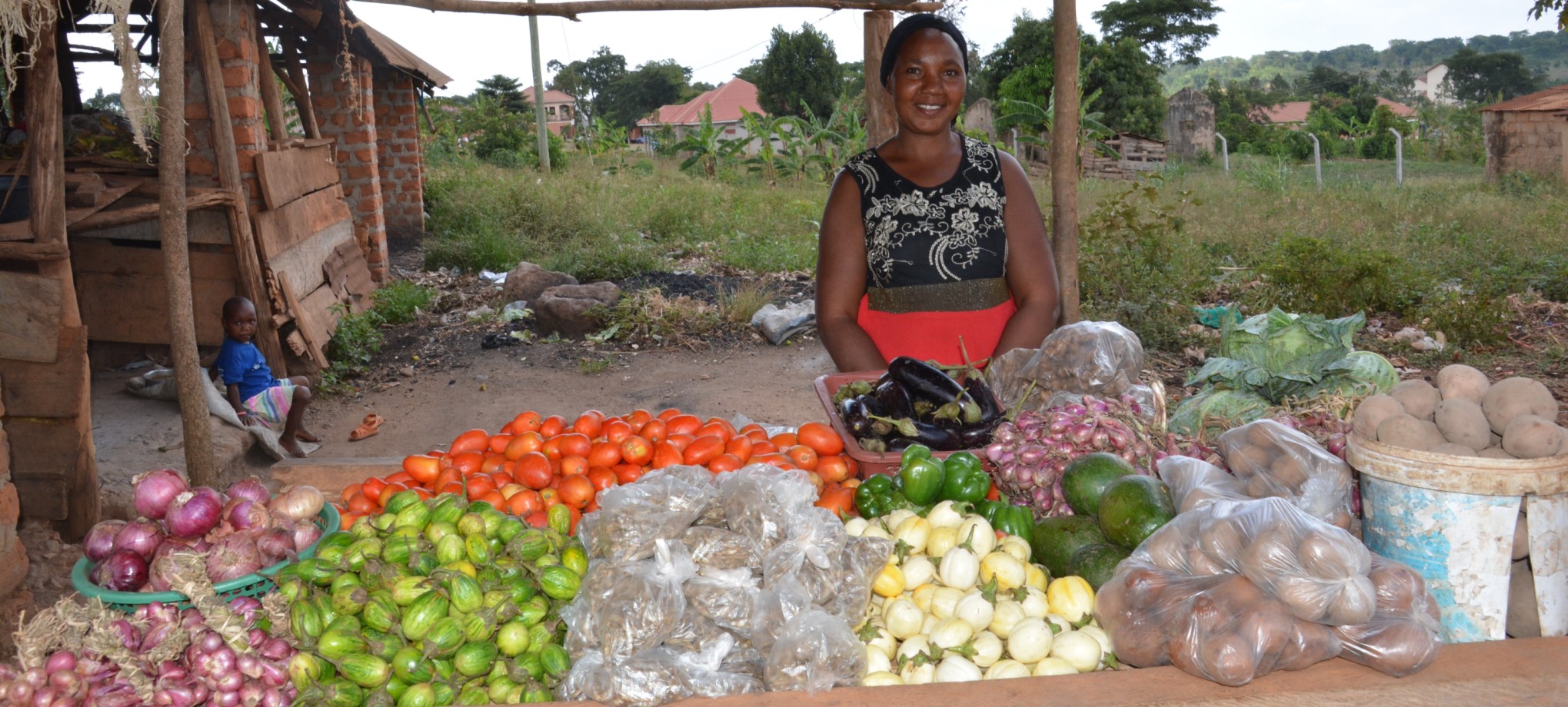What we do and how we approach the work
With Women Kisoboka focuses on gender equity, women’s economic empowerment, and change in their community as a solution to the longstanding poverty in Uganda. Through women’s entrepreneurship, we help women grow their business knowledge, community-awareness, resources and networks. This allows them to make financially responsible decisions in their businesses and social enterprises which will improve the health and well-being, education, environment, and resiliency of their community.
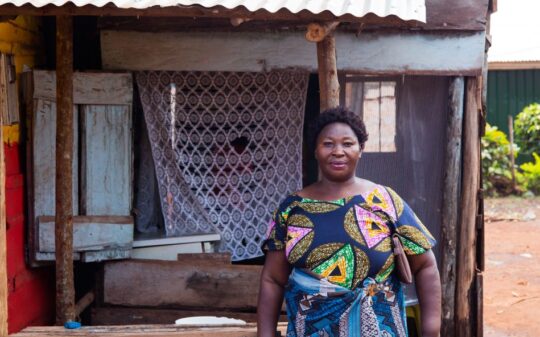
Mission
To inspire upward economic mobility, self-sufficiency and sustainability of Uganda’s marginalized women living at the lowest income level who are motivated to spark change in their community.
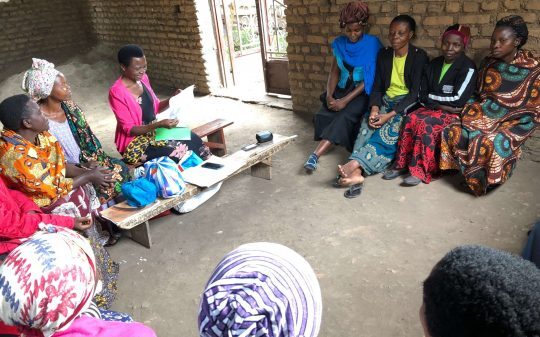
Vision
With women in positions of leadership in business and the community, the urban settlements and rural villages of Uganda will thrive with more possibility and true gender equality.
With Women Kisoboka (WWK) is a women-led and operated indigenous NGO in Uganda focused on improving community systems and gender equality through women's economic empowerment. The vulnerable women we serve live at the lowest income level and our programs support their path to economic opportunity and participation. Since the ongoing pandemic and global economic and environmental crises, WWK is currently working with 577 women in five communities across Uganda. Our programs include deepening financial inclusion, continuous learning and community-based skill development. Our purpose is to end generational poverty by providing the tools and skills for women who have been continually denied the ability to make strategic life choices so that they can thrive economically and in every aspect that will bring about a better life.
Read WWK’s Annual Reports by the links below and take a look at the many transformative stories of WWK beneficiaries.
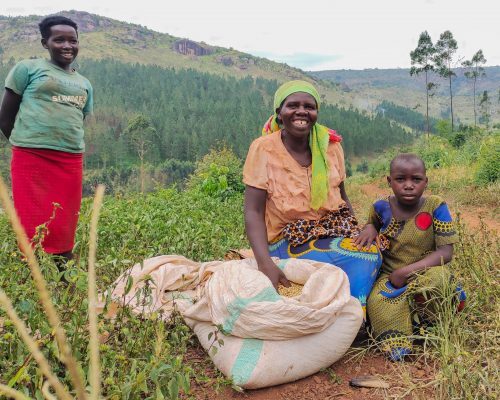
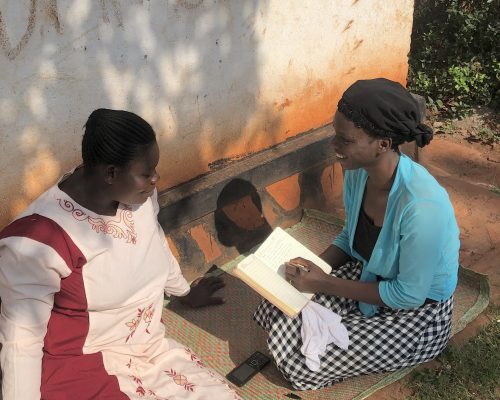
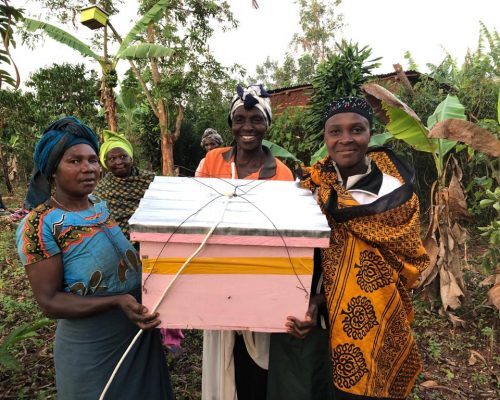
- We help empower women to establish and run sustainable, community-serving businesses
- create paths to formal financial inclusion through a network of Village Savings and Loan Associations (VSLAs) and
- provide training in business entrepreneurial skills and in functional adult literacy.
WWK emphasizes sustainability in all our work. Our CBO collaborative projects—beekeeping and honey production, bio-briquette making, fish farming, retail, producing exercise books for local schools, liquid soap production, sanitary pad provision and kitchen gardening, for example—operate as profit-sharing cooperatives to be sustainable.
See Our Impact


The 2023 Impact Report by With Women Kisoboka (WWK) is based on a third-party analysis of data from its Monitoring and Evaluation (MEL) survey, focusing on households of WWK participants surveyed in both 2021 and 2023, particularly on poverty rates and the number of poor people.
In 2023, the MEL survey covered 2,223 individuals living in the households of 397 WWK participants, with 54% being children (ages 0-17), 11% young adults (ages 18-24), 32% adults (ages 25-64), and 3% elderly adults (ages 65 and older).
The analysis reveals significant poverty reduction attributable to WWK's programs. For instance, the poverty rate decreased by 18 percentage points for the $3.20 per-person, per-day line, and by 16 percentage points for the $1.90 line, indicating around 256 and 217 individuals respectively crossing these lines. Even if only a quarter of this improvement is attributed to WWK, it signifies a substantial impact.
Comparing WWK beneficiaries from 2021 to 2023, it's clear that WWK serves the very poor, but its programs have significantly reduced poverty rates. The estimated poverty rate decreased by 20% for $1.90/day and 50% for $3.20/day.
The third-party analyst highlights these reductions as extraordinary, surpassing global standards for poverty reduction rates. Moreover, there has been a remarkable 39% surge in consumption expenditure from 2021 to 2023, amounting to an average of 4,100 Uganda shillings ($1.50) per person per day. This increase has resulted in more households with children attending non-government schools, improved sanitation facilities, a greater frequency of meals per day, and expanded access to technology.

It has been 5 years since the NGO With Women Kisoboka began as the seed of an idea by women living in the urban slums of Kampala. Women who themselves wanted out of the generational cycle that locked them, their mothers and their Jjajas from the promise they knew they held if only they had the opportunity. They were smart but not educated. They wanted to continue beyond primary school but many were forced to marry early. The women living in remote rural villages and urban settlements across the country knew how to change the future for their children. They understood if their community and their country were going to grow and develop, they needed to generate the confidence to see themselves as earners and contributors to their family. They were ready to be entrepreneurs in businesses that would support their families and improve their communities. They just needed a hand to get started.
WWK began in both Kampala and Kasese districts in central and western Uganda to develop a path to inclusion in the formal economy for these marginalized, vulnerable women through their first time access to financial capital, supported by business learning and skill development training. We continued to strategically expand to the district villages of Nakaseke and Kiboga and to a settlement in Jinja. This gateway to formal financial inclusion is considered by the World Bank as the “key enabler to reducing poverty and boosting prosperity.”

